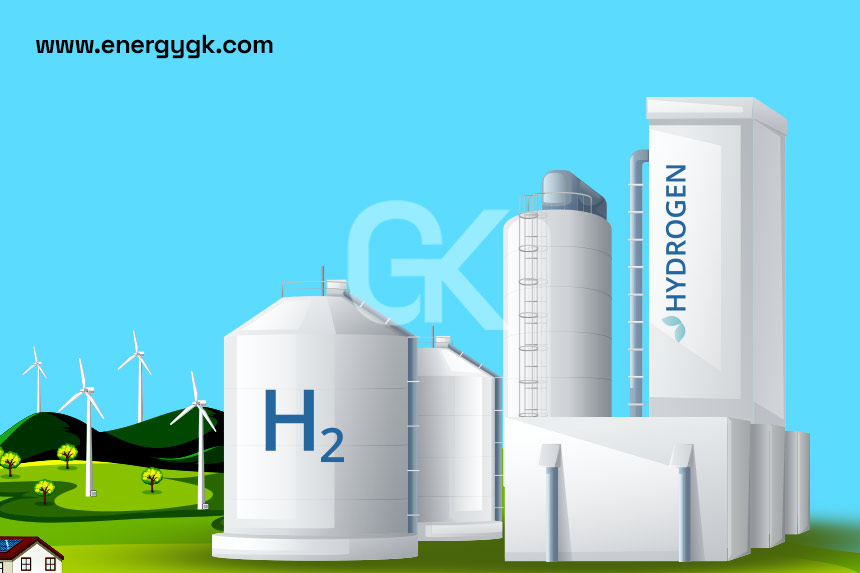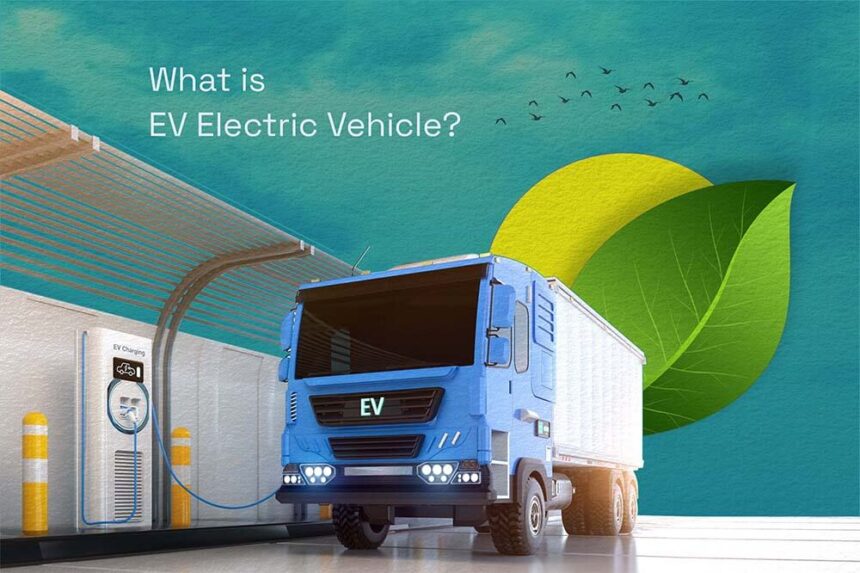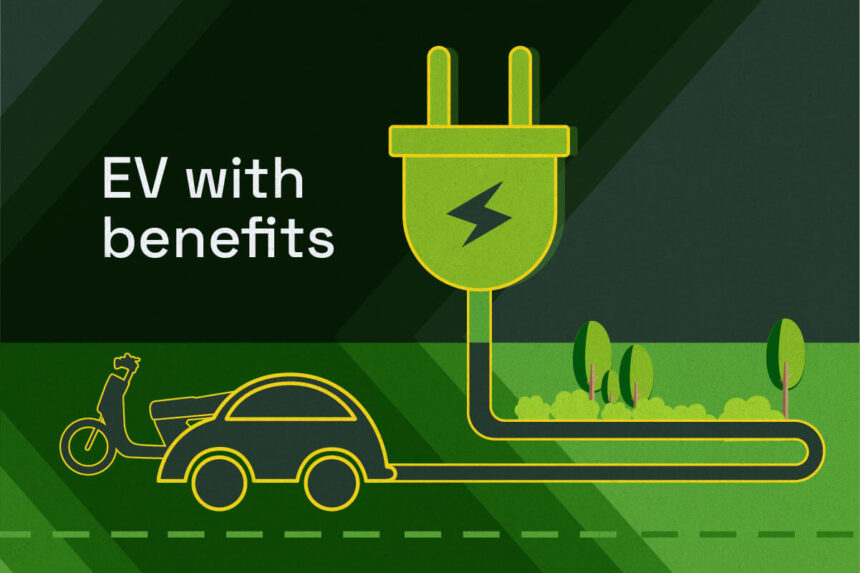The global energy landscape is changing and the electric vehicle (EV) industry is leading this change. The rapid advancement of EV technology is bringing about innovations that have the potential to completely transform transportation. Here are a few of the most fascinating EV technology developments that we may expect in the future.
1. Solid-State Energy Sources
The creation of solid-state batteries is one of the EV technologys most anticipated developments. The solid electrolyte used in solid-state batteries as opposed to conventional lithium-ion batteries can greatly increase energy density and safety. These batteries make the following promises:. Extended Range: Possibility of providing two to three times the range of existing lithium-ion batteries. Shorter Charging Times: EVs are now more practical for daily use due to shorter charging times. Better Safety: Reduced chance of fires and overheating. Leading the way in solid-state battery research are businesses like Toyota and QuantumScape with plans to launch these batteries into the market in the coming years.
2. Charging wirelessly
Envision bringing your EV into your garage and having it charge on its own without requiring a plug. This will soon be possible thanks to wireless charging technology. When EVs are parked over inductive or magnetic resonance charging pads that are embedded in the earth they can be charged wirelessly. Some advantages are:. Convenience: Makes charging easier and less demanding on charging ports. Infrastructure Integration: For continuous charging it can be integrated into streets parking lots and highways. Soon wireless charging systems may be standard in EVs and public charging infrastructure thanks to the work of companies like WiTricity and Halo.
3. Vehicle-to-Grid Technology (V2G)
Electricity can now flow both ways between EVs and the power grid thanks to a technology called Vehicle-to-Grid (V2G). Consequently EVs can:. Provide Power: During times of high demand return energy to the grid. Help stabilize the grid by assisting in the balancing of supply and demand which lessens the need for additional power plants. Maximize Stored Energy: By reselling extra power to the grid owners can make money. Some manufacturers are investigating V2G capabilities which could turn EVs into mobile energy assets. Nissan and Volkswagen are between them.
4. Higher Level Autonomous Driving
EVs are essential to the advancement of autonomous driving technology which is seeing tremendous progress in this area. The following are future developments:. Reaching Level 5 autonomy will allow vehicles to function fully autonomously—that is without the need for human intervention. Enhanced safety is the ability to anticipate and steer clear of possible risks using AI and machine learning. Efficiency Gains: Driving habits are optimized to use less energy and travel farther. Self-driving electric vehicles (EVs) may soon be commonplace thanks to Teslas Full Self-Driving (FSD) technology and Waymos self-driving cars.
5. Extremely Quick Charging
Although an EV can be recharged in roughly half an hour using the fast-charging networks that are in place now the goal of the upcoming ultra-fast chargers is to significantly shorten this time. New developments are coming soon. Chargers with higher power outputs—up to 350 kW or more—are available. Better Battery Chemistry: Batteries made to withstand increased power inputs without deteriorating. Ultra-fast chargers are already being installed by networks such as Electrify America and Ionity which will improve the viability and convenience of long-distance electric vehicle travel.
6. Ecological Production
The manufacturing processes of EVs will play a significant role in the technologys future. The following are some developments in sustainable manufacturing practices. Recycled Materials: Using renewable and recycled materials in the construction of vehicles. Carbon-Neutral Plants: Manufacturers such as Volkswagen and BMW are making the switch to carbon-neutral production methods. Closed-loop recycling refers to the use of technologies to recycle used batteries and repurpose their components in new ones. Through the course of their whole lifecycle these procedures guarantee that EVs have positive environmental effects.
Conclusion
With advancements that should increase the efficiency practicality and sustainability of electric vehicles the future of EV technology is extremely promising. These developments—which range from wireless charging and solid-state batteries to autonomous driving and environmentally friendly production—will be essential to the general acceptance of electric vehicles. When these technologies become a reality they will not only revolutionize the way we drive but also make a substantial contribution to a future that is more sustainable and green.






